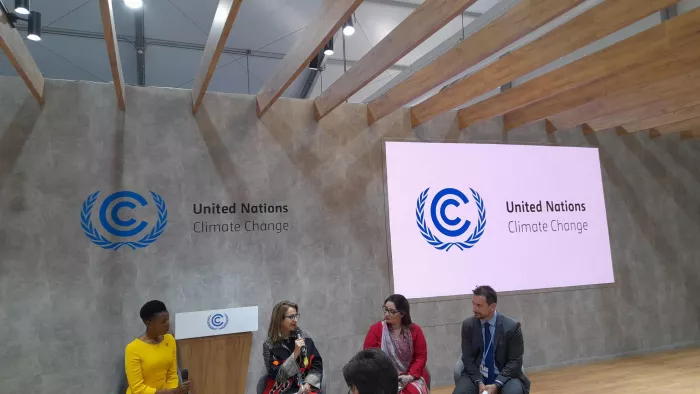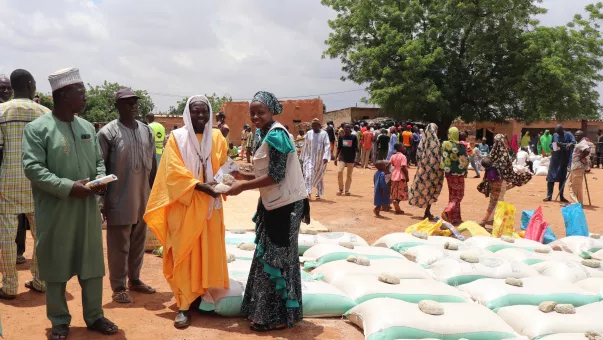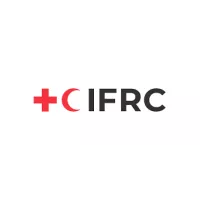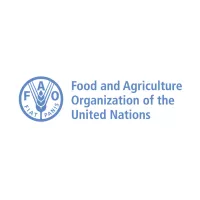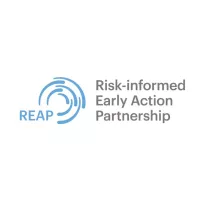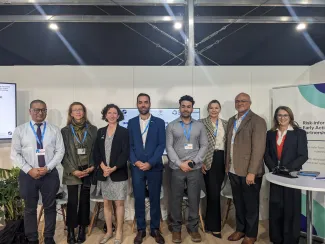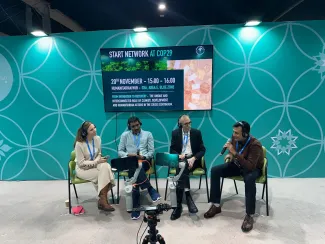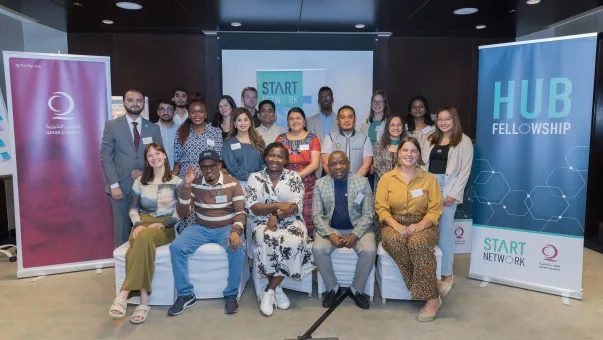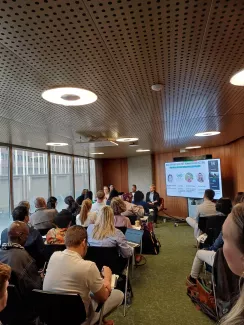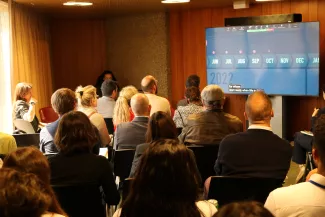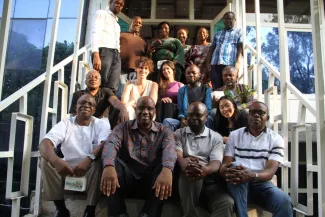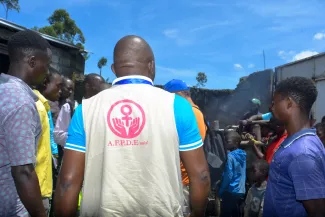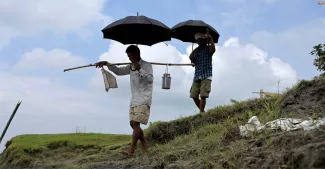What do we mean by advocacy?
Advocacy seeks to create positive change by influencing.
As a system change network, our advocacy work aims to change the humanitarian system by ensuring voices on the frontline of crises, especially those traditionally under-represented or ignored, are heard.
Working with a diverse membership of over 80 local, national and international organisations, we believe we can achieve more together. Through our advocacy, we seek to shape sector-wide perspectives and build willingness, particularly through political will, to drive systemic change at all levels.
Why do we advocate?
We want to see a new humanitarian system that can save more lives.
Advocacy helps us scale-up the impact of our programmes which work to transform humanitarian action through fast and innovative funding, early action and locally led action.
Our advocacy work builds on the evidence generated by our programmes on the ground.
The global aid system urgently needs to change. To catalyse this change, we need to influence those with resources and decision-making power to change their policies and practices through evidence-based advocacy.
Our key messages
We are bold and ambitious.
Our advocacy activities are structured around a set of key policy messages, which form the basis of our engagement at national, regional and global level.
We ask decision-makers to:
-
commit to a more power-balanced system based on the needs of at-risk communities
-
shift resources and decision-making to those closer to the frontline
-
change humanitarian aid funding from a reactive to a proactive system based on anticipatory action
-
support locally-led and anticipatory humanitarian action.

